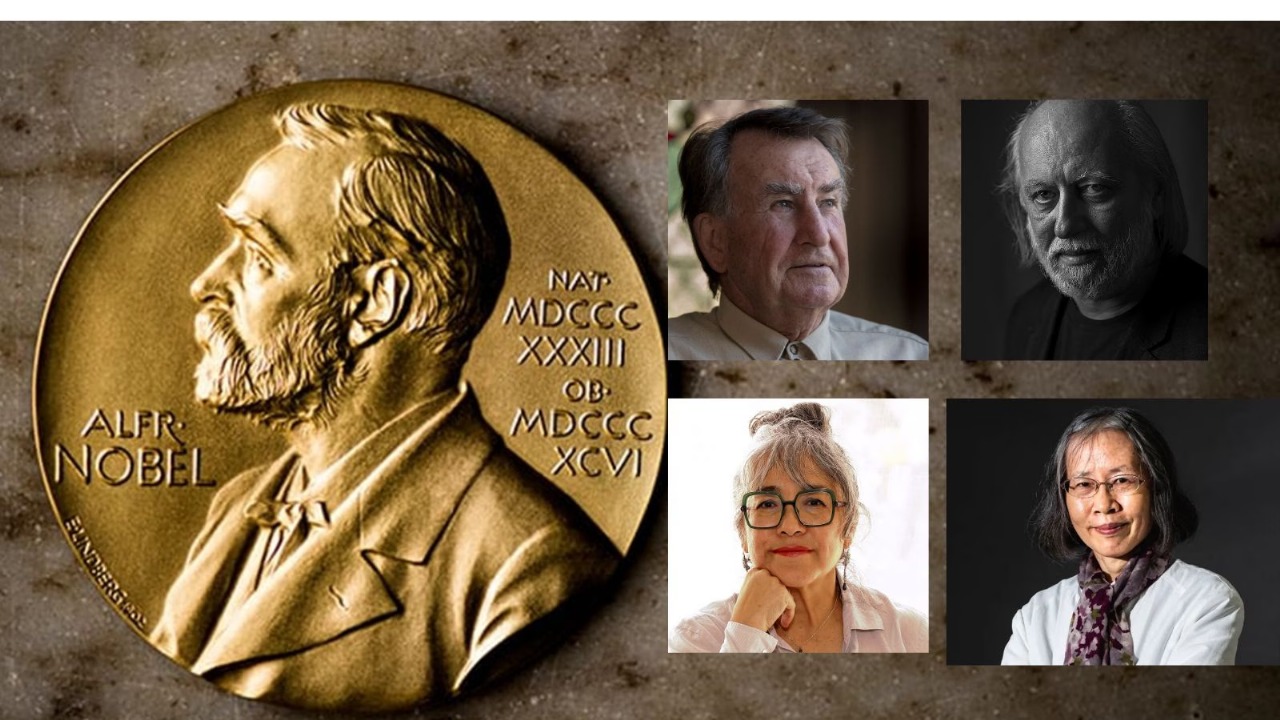Hungarian novelist and screenwriter Laszlo Krasznahorkai has been awarded the 2025 Nobel Prize in Literature. Recognized for his compelling and visionary body of work that elegantly explores apocalyptic dread and human condition, Krasznahorkai marks a milestone in contemporary world literature.
Laszlo Krasznahorkai: The New Laureate of the Nobel Prize in Literature 2025
The Swedish Academy honored Laszlo Krasznahorkai with the 2025 Nobel Prize in Literature, citing his “captivating and visionary oeuvre that, in the midst of apocalyptic terror, reaffirms the power of art.” Born in 1954 in the Hungarian town of Gyula near the Romanian border, Krasznahorkai’s works are known for their dense and challenging narratives, blending melancholic and dystopian themes.
His breakthrough came with the 1985 debut novel Satantango, a literary phenomenon depicting life on an abandoned collective farm in rural Hungary. This novel was adapted into a cult film by Béla Tarr, further amplifying his global reputation. Through his acclaimed works like The Melancholy of Resistance and War and War, Krasznahorkai explores themes of order colliding with chaos, human despair, and existential questioning with a unique style defined by long, flowing sentences and intense psychological depth.
The author, often described by critics as a “master of the apocalypse,” has received numerous awards including the International Booker Prize and the US National Book Award for Translated Literature. His books have been translated into over 40 languages, resonating with readers worldwide.
Notable updates:
Krasznahorkai’s Nobel Prize carries nearly $1.2 million in prize money and global acclaim.
The Swedish Academy praised his literary exploration of apocalyptic terror coupled with the human spirit’s resilience.
His partnership with filmmaker Béla Tarr resulted in several classic films, a testament to his narrative power.
Previous Nobel literature laureates include Toni Morrison, Harold Pinter, and Bob Dylan, situating Krasznahorkai among an elite group.
Major takeaways:
Krasznahorkai’s literature challenges readers with its dark themes and intricate prose, offering profound reflections on societal and existential crises.
His candid exploration of ruin and hope elevates contemporary literary discourse about humanity’s condition.
The award highlights literary diversity by honoring a Central European author known for his avant-garde style.
This recognition will likely expand Krasznahorkai’s readership globally and influence future literary creations.
Important points to note:
Krasznahorkai studied law and literature, shaping his complex narrative style.
His works are often categorized as postmodern and dystopian, delving into philosophical and sociopolitical concerns.
The Nobel Prize reflects current trends emphasizing inclusive and varied literary voices worldwide.
His literary voice carries a timeless and urgent message amid global turbulence.
Laszlo Krasznahorkai’s Nobel win cements his status as a towering figure in contemporary literature, offering challenging yet enriching narratives that underscore the enduring power of art.
Sources: Nobel Prize official site, Wikipedia, NDTV, Economic Times, BBC News







